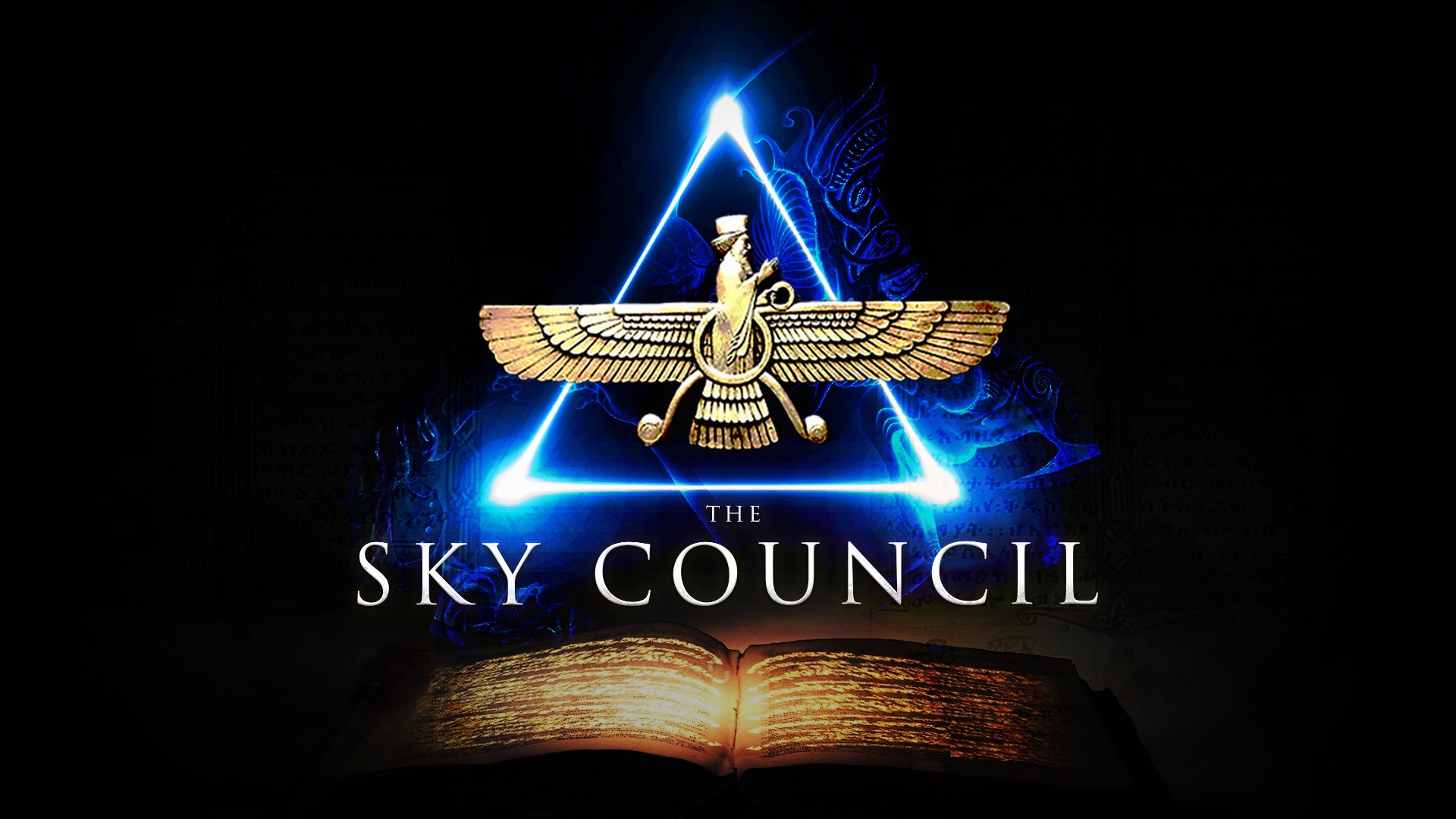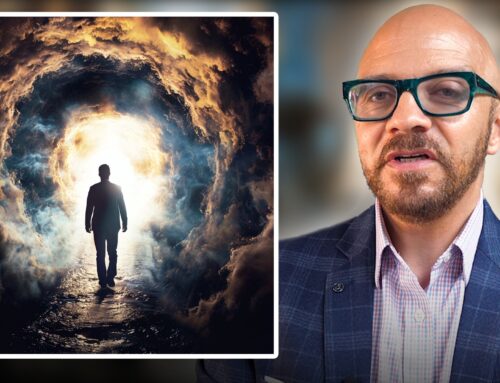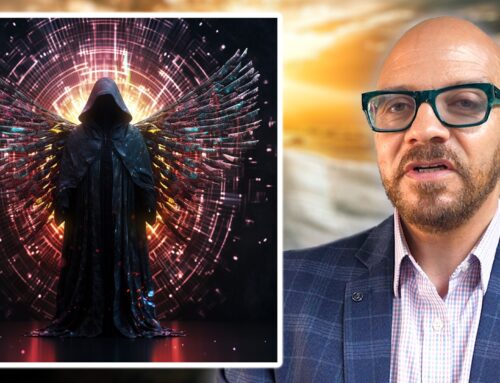Thank you all so much for the excellent questions! Please continue to send them in! – Even better, send us a video question so you can make an appear in the next video!
Question: Why do some deities in some cultures want blood sacrifices of animals during their worship? Is it always a case of appeasing negative entities, or are there some positive aspects of it as well?
Paul Wallis Answers:
“Great question. I don’t think there are any positive aspects to it. Again, if I can start with the Bible, because that was where I began in my journey of exploration. There are beings in the Bible who want cattle and sheep and they want them bled dry and then they want them burned. And it’s not quite clear if those entities want them done that way, because this is their food, these are edible offerings.
Or if it’s actually the the burning of them and the inhalation of the smoke that they derive pleasure from, that’s a strange little spin in the biblical stories. But if we go around the world and listen to stories of animal sacrifice, it seems to be much more that there are these non human beings washing around in our stories who want food and that is their food. And that’s really what the temple sacrifice is all about. So if you go to the story of Belle and the Dragon in the Apocrypha, so this is one of the books that isn’t in the mainstream canon of the Bible, it’s in the larger secondary canon that included Hebrew literature that was Greek influenced. And there’s an extension to the Book of Daniel, which talks about the Babylonians having a tent that they claimed had a dragon in it.
Thier Elohim, a powerful one. And they claim that the cattle and the sheep going there were being eaten by their dragon, by the Elohim, and it turned out to be fake. The Elohim had actually been killed and it was the priests who were eating the edible offerings. So that story, when you put it in the context of the biblical stories, suggests that the understanding was that the Elohim ate beef and lamb, and that’s why they wanted all these sacrifices. But blood sacrifice gets a little bit darker than that in the first degree. It creates an artificial scarcity for all the tribes of Israel who are living off the land. So it’s a farming culture and so they depend on the livestock for food and drink and all the other materials derived from cattle. And that can be a very happy life unless you have a famine or if you have some kind of artificial scarcity through having to pay tribute to a landlord or a chieftain or a king, or by having to pay tithes and tribute to your Elohim, your powerful one.
And that indeed was the scenario that the first fruits of your harvest and the best of your livestock had to be given to Yahweh. So if you had really healthy sheep with no blemishes, really healthy cattle, with no blemishes, those are the ones you had to kill. You couldn’t use them to strengthen your herd, you couldn’t eat them, you had to give them to the priests and they would kill them and they would eat them and Yahweh would either eat them or just inhale the smoke. That is how the story goes. And so now all of a sudden there is far greater insecurity that the farmers have to contend with because they’re always giving their best stuff away and they’re having to recycle the rest for themselves and for their businesses. So that’s a slightly darker layer to the story. And then a still darker layer about blood sacrifice is that cultures all around the world, you can find this pattern of human sacrifice.
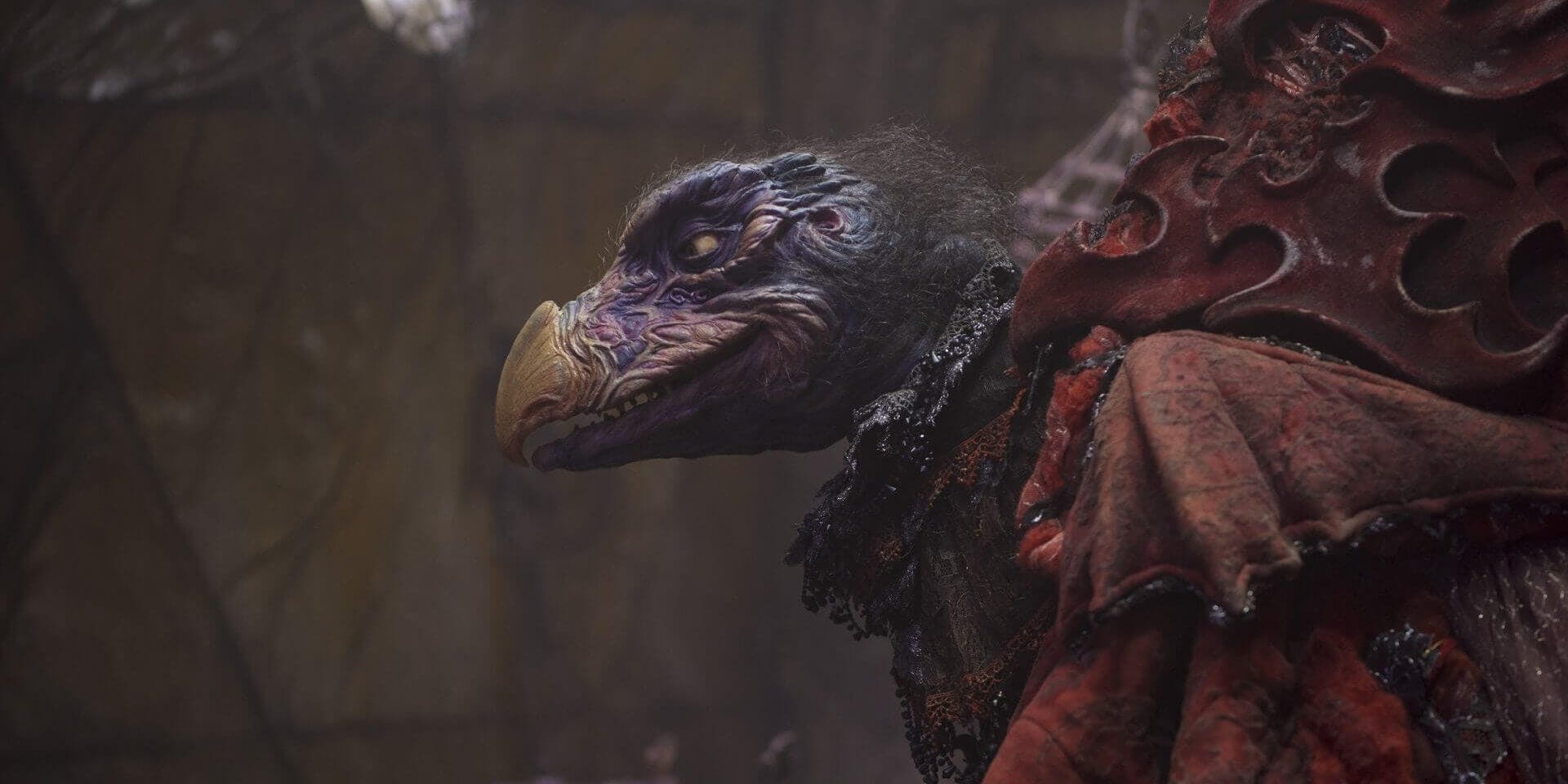
And I in my new book, The Invasion of Eden, I talk about the invasion of the Moho in the stories that I heard from my friends who are traditional healers on the island of Molokai. So this is the Hawaiian story of the invasion of the Moha and the Ahumano and the Couness. And what the humans do is, well, you can find it dramatized in a movie like The Dark Crystal, Jim Henson’s The Dark Crystal. And in that movie, you’ve got these horrible, nasty, desiccated old bird people who predate upon these innocent, childlike girl flings. They catch them and terrorize them, and then they derive essence from these girl flings, which then feed the bird people and rejuvenate them. And I think that is a picture of story you can find all around the world in the Bible, in Mayans story, an African story all around the world, the story of non-human governors in the deep past who feed off the terror of people and who feed off the terror of innocents.
And that’s really what these stories of blood sacrifice are all about. The entities governing are deriving energy from this. It’s not just a power play. It’s not just to show they have total control and then to get high from exercising that control. They are actually deriving something chemical from the whole process. And I do go into some depth in that story in the Invasion of Eden and say, this is not just an ancient story, it’s not just a Hawaiian story, it’s not just a biblical story.
And these stories have been curated carefully so that you can I could look at the world today and understand why things work in the way they do now. So it’s not something I talk about very often, but it’s there in the Invasion of Eden and it should make us read those old stories of sacrifice with a far more open eye and a far more educated eye.”
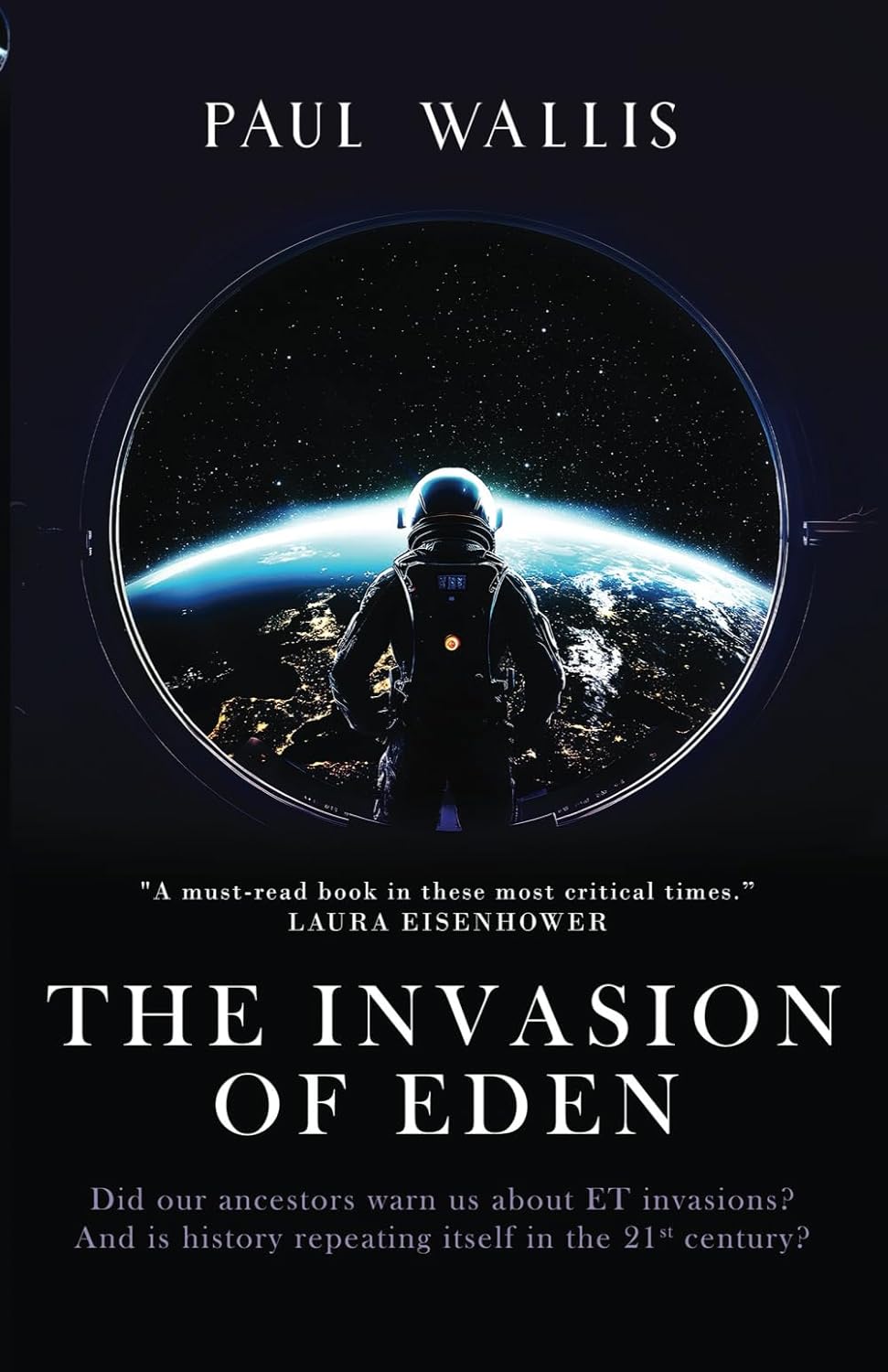
The Invasion of Eden. By Paul Wallis
Did our ancestors warn us about ET invasions?
Today we are witnessing a dramatic stand-off between elements of The Pentagon and elements of the U.S. Congress. The David Grusch complaint of 2023 has exposed a dark web of secrecy surrounding the Pentagon’s R&D operations to reverse-engineer materials recovered from UFO/UAP retrievals?
Where does this put us on the path to disclosure? Are members of congress right to be concerned? Are you and I being kept in the dark regarding an existential threat to humanity? Paul Wallis probes archaeological sites, Biblical and other ancient texts, and ancestral narratives from around the world, and casts a unique light on these questions.
